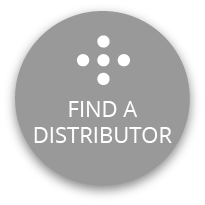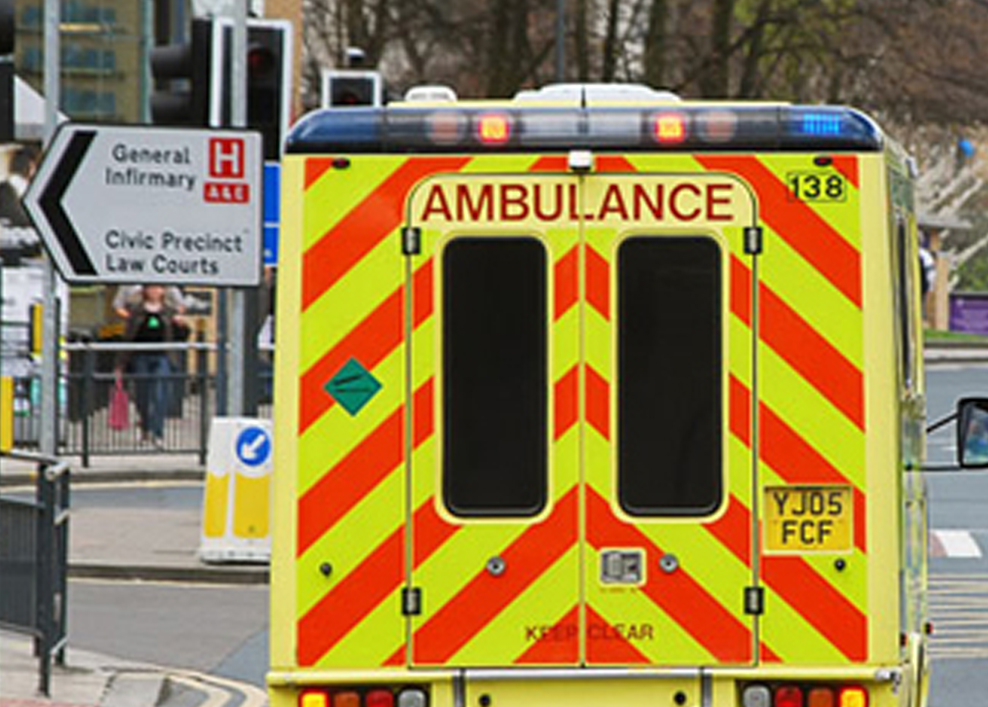


24/08/2005
London ambulance service examines 7th July response
Following the bombings of the 7th July, London Ambulance Service examines the process involved in triageing patients at major and large scale incidents and finds out how it saves lives.
When undertaking a major incident training all staff are taught about the importance of triage - the process of carrying out an initial assessment of patients to determine priority - to maximise survival. In any situation where the number of patients significantly outweighs the number of staff available. triage procedure is appropriate for use.
The first triaging is undertaken by the Bronze triage officer. This role " is crucial in any large-scale major incident. When assigned the role, the triage officer should attach at least two triage packs to their belt pack and collect dressings and oropharyngeal airways. After checking the incident site is safe. they should then enter the area
The adult triage sieve provides a fast and accurate way to assess patients.
After the assessment, a triage label assigning priority must be attached to the patient's wrist. The label should be folded, With the correct category showing outwards. The uninjured should be sent to a police officer. A record of the number of patients should be kept, using the tally card from the belt pack, shown right.
The triage officer may apply dressings and/or open airways but must leave more detailed intervention for colleagues and continue with the triage process if appropriate, they may task firefighters and other, medal staff with providing further first aid. However, advanced life support and a triage sort will generally be carried out in the casualty clearing station








